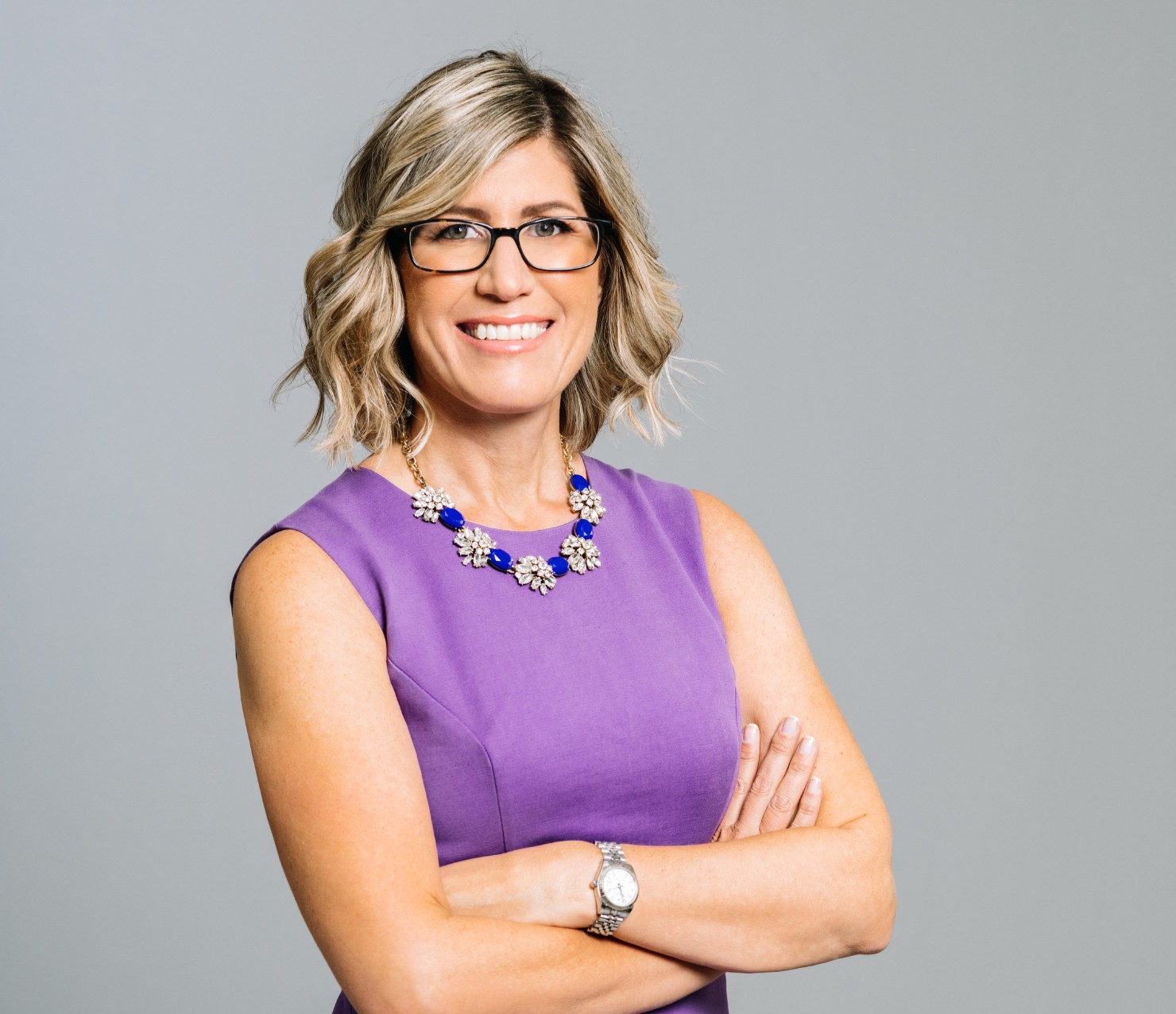Kristin Savilia is CEO of JOOR, one of the world’s leading virtual showrooms and wholesale management platforms, enabling brands and retailers to seamlessly connect, collaborate and conduct business both physically and virtually. Under Kristin's leadership, JOOR has grown to become the premier global wholesale platform, facilitating $57 billion in wholesale transactions. More than 13,000 brands and over 360,000 curated retailers across 150 countries connect on the platform every day. JOOR has exclusive partnerships with 30+ of the world’s best retailers, including Neiman Marcus, Harrods, ShopBop and Dover Street Market, and thousands of the world’s most discerning brands, including those of leading conglomerates LVMH, Kering, Richemont and Capri Holdings.
CEO Today speaks with Kristin about her career so far, what she likes best about working with JOOR, sustainability in the fashion industry, and JOOR’s goals for the next five years.
Prior to working with JOOR, you were President of Local Marketplace at XO Group Inc. and have also held buyer and director positions at Macy's and Linens N' Things. What would you say has been the highlight of your career so far?
I have been fortunate enough to be part of the teams at some incredible companies, with each role bringing something unique - where I can learn, be inspired, and feel I can have an impact, bring value, and be valued. I feel the same way being at JOOR. I am constantly inspired by our mission to streamline the wholesale buying and selling processes and enable the digital transformation of our industry, and I truly feel I am getting as much value within this position as I am bringing to the company.
What do you like best about working with JOOR?
We have grown the company over the years by fostering the mentality of listening and learning to the industry. At JOOR, we never just do what we are told because that’s not innovation. We listen to our partners’ challenges and figure out what the industry really needs—what will move the industry forward by solving the real problems and not just providing short-term solutions.
We are disrupting the way the global fashion industry does business like no other, while playing a critical role in ushering in a post-pandemic era in which brands and retailers are engaging through a hybrid business model – collaborating both in person and virtually from anywhere in the world.
With sustainability becoming an increasingly important issue within the fashion industry, what are retailers currently doing to follow more eco-conscious practices, and what more do you think they can do in the years to come?
With business, and, in particular, travel grinding to a halt during the pandemic we saw our industry move online. As the pandemic took hold, many brands and retailers realised that doing business with one another digitally, something they had initially been hesitant to adopt, offered a solution to connect and enable business continuity.
At JOOR, we are helping to facilitate this change. Fashion wholesale, the selling between brands and retailers, is still a cornerstone of the industry. The impact of mass travel and the multiple-sample sets required for showcasing fashion at trade shows and fashion weeks has had a substantial environmental impact. JOOR represents a future of reduced sample production (even integrating fully rendered 3D garments that require no physical sample) as well as lower travel by enabling brands and retailers to conduct business virtually from anywhere in the world. JOOR Passport centralises the trade show and fashion week experience into a single digital destination – having already hosted over 50 global events since its launch in 2020, with over 305K retail visitors from 150 countries purchasing 880K+ products.
It would be naive to think that in 2022 the industry will revert to pre-pandemic practices. Personally, I can’t wait to attend more in-person trade shows, but our industry probably won’t travel as much as before. While in-person shows will return, there will likely be fewer, higher quality ones. Not only is this more efficient, but it will also result in a reduced carbon footprint, enabling us to help limit the fashion industry’s impact on the planet. Moreover, the convenience of being able to transact business 24/7 from anywhere in the world is too good to give up. I predict we’ll see a hybrid balance of both physical and virtual events in the future. What we know for certain is our industry has grit. I continue to be inspired by the resilience we’ve seen from brands and retailers this past year. The new retail reality is here, and it’s time to embrace it.
What are your goals for JOOR across the next five years?
Over the past ten years, JOOR has grown to become the industry’s leading digital wholesale platform, currently used by over 13,000 brands and more than 360,000 curated retailers across 150 countries. Since 2020, we have achieved record-breaking growth — our business has more than doubled and continues on an upward trajectory. The volume of wholesale transactions placed on JOOR this year has already exceeded all of 2020, driving our total lifetime GMV up to $57B+. In 2021 to date, JOOR has facilitated 1.3 million orders with a total of 130 million products sold.
From the beginning, our success has depended on the success of our partners. Looking forward to the next 5 years, we will continue to invest in our JOOR platform and enhance the technological capabilities that we are able to provide to our brand and retail clients. We will fuel product discovery with enhanced search, expand our payments offering with financing capabilities, continue to develop seamless functionality to facilitate shopping across JOOR Passport and our JOOR Marketplace, and continue to grow through geographic and vertical expansion.











